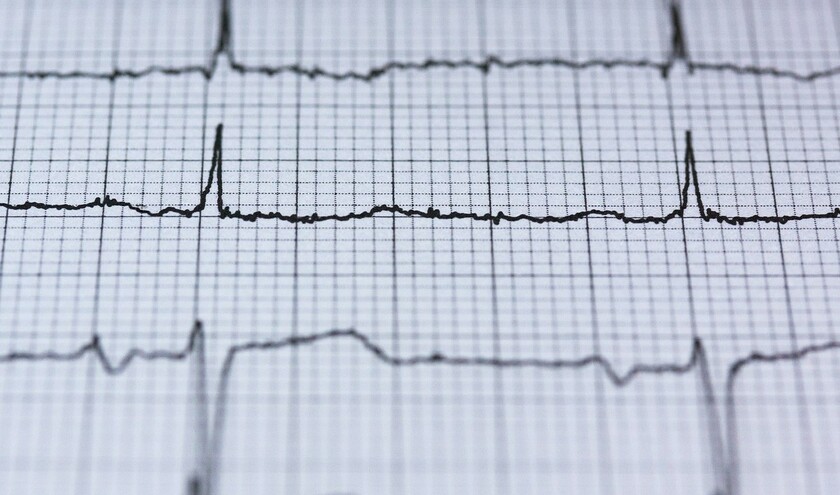Researchers at Imperial College London and Imperial College Healthcare NHS Trust have developed a new AI model that can predict patients' risk of developing and worsening disease, and even their risk of early death, using an electrocardiogram (ECG).
Dr Arunashis Sau, an academic clinical lecturer at Imperial College London's National Heart and Lung Institute, and cardiology specialist registrar at Imperial College Healthcare NHS Trust, who led the research, said: ‘We cardiologists use our experience and standard guidelines when we look at ECGs, sorting them into ‘normal' and ‘abnormal' patterns to help us diagnose disease. However, the
AI model detects much more subtle detail, so it can ‘spot' problems in ECGs that would appear normal to us, and potentially long before the disease develops fully.'
The AI model – known as AI-ECG risk estimation, or AIRE – was able to correctly identify the risk of death in the 10 years following the ECG (from high to low) in 78% of cases. The remainder of cases where the model was wrong, say researchers, could have been influenced by other unknowable factors (for example, subsequent treatment of the patient or an unpredicted cause of death).
The system can predict future health risks such as heart rhythm problems, heart attacks and heart failure, as well as when someone would die from a non-heart related cause.
The research was funded by the British Heart Foundation, via a BHF Clinical Research Training Fellowship to Dr Sau, a BHF Programme Grant to Dr Fu Siong Ng, and the BHF Centre of Research Excellence at Imperial. The researchers also received support from the NIHR Imperial Biomedical Research Centre, a translational research partnership between Imperial College Healthcare NHS Trust and Imperial College London, which was awarded £95m in 2022 to continue developing new experimental treatments and diagnostics for patients.
The researchers believe their work could be used in the NHS within five years.



